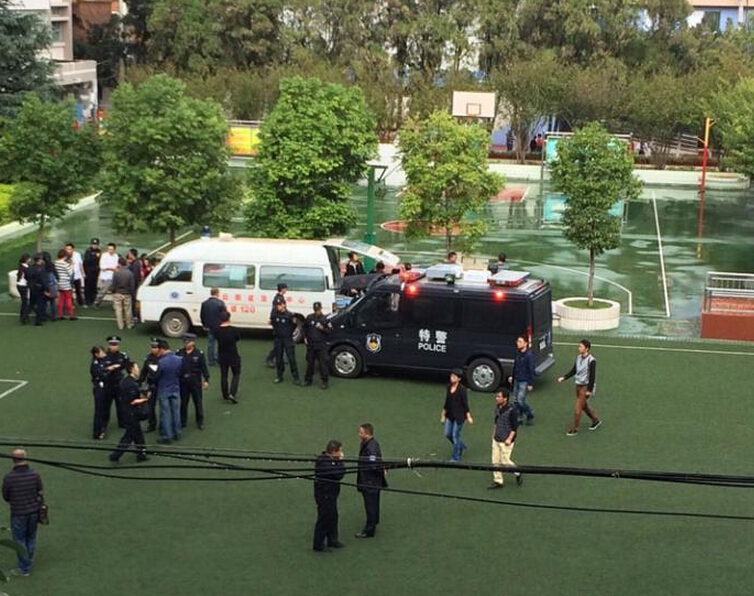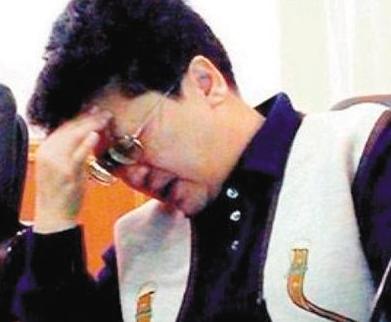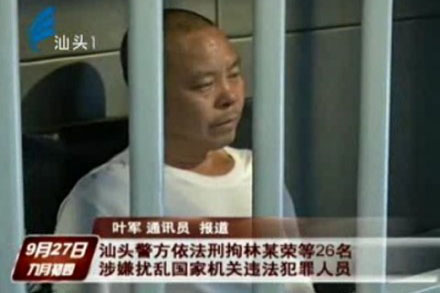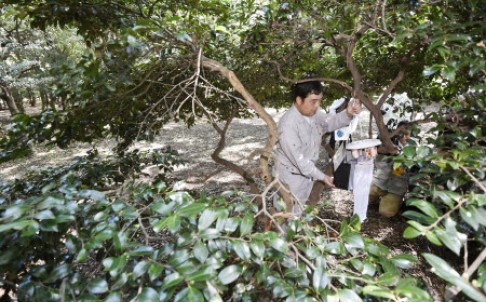Child molestation cases ring alarm for minor protection
Source: Xinhua Published: 2014-9-27 9:43:15
A series of child molestation cases in China have exposed a dearth in sex education for the world's most populous country and fueled an outcry for better protection of the underage population.
On Tuesday, a primary school teacher was detained after being suspected of raping several girls in a rural school, local police in central China's Hubei Province announced
Since July, the public security bureau of Yunxi County, Shiyan City, had received reports that a male teacher surnamed Ding raped a number of female pupils at a primary school in Guanyin Township.
Ding, 61, regularly targeted students aged between eight to nine beginning September 2013. The suspect confessed he would ask them to come to his dormitory with the excuse of examining their homework and then raped them, the bureau said.
In a separate case, a primary school teacher was detained in southwest China's Yunnan Province for molesting several girls in July.
But these are just examples of a worrisome situation China is grappling with. According to a joint investigation by Guangdong Women's Federation and the provincial procuratorate, in the past three years, more than 2,500 underage girls were sexually assaulted in the province. Of the victims, almost half are under the age of 14, and 65 percent faced sexual harassment from people they knew.
Latest global data from the United Nations Children's Fund show that around 120 million girls under the age of 20 worldwide (about 1 in 10) have experienced forced intercourse or other forced sexual acts.
China's mountainous and rural areas, which are still plagued by poverty and deep-rooted traditional beliefs, seem to be prone to such sexual assault cases, as children receive very little education about sex. Research by the Beijing Youth Legal Assistance Research Center (BJYLARC)reveals that more than 60 percent of such cases take place in less-developed localities.
But there is a bigger concern. For a big number of the victims or their families, cases are often kept quiet. Bound by traditional values, families of the sexually abused children in China's vast rural area tend to keep the skeleton in the closet to avoid potential backlash.
According to the Psychological and Legal Consultation Center for Women and Children in Xishuangbanna Prefecture, southwestern Yunnan Province, out of 29 cases of child molestation, nine chose to keep silent for the sake of "keeping a good reputation." Only seven victims reluctantly sought public help after reconciliation efforts failed.
A survey among 5,800 students in middle and primary schools in China shows that for each molestation case exposed, there are at least seven similar cases concealed, according to People's Public Security University of China that conducted the survey.
To make matters worse, danger is usually lurking in their most familiar environment. According to a 2013 investigation on child molestation by the BJYLARC, 80 percent of the crimes were committed by acquaintances of the victims.
BLIND SPOTS OF SUPERVISION
One of the underlying reasons for the frequent sexual assault on minors is low thresholds in teacher recruitment in China's rural schools.
The headmaster of a rural school in central China's Hunan Province told Xinhua that teaching staff are usually dwarfed by the number of "left-behind children," children who remain in rural homes while their parents work in the city. It lowers threshold for recruitment of teachers.
In addition, inspection staff are thin on the ground in the rural areas, making it difficult to spot the criminals, said the headmaster, who requested anonymity as he was afraid of media exposure.
Yang Ling, a supervisor for education institutions in Hunan's countryside, said that low threshold might have guaranteed the quantity of teachers, but their quality, particularly their ethics, is largely compromised.
"Under such circumstances, how do you weed out the morally questionable ones?" Yang said.
LACK OF SEX EDUCATION
The worrisome phenomenon is a result of insufficient sex education in schools and at home, experts said.
Li Bin, a sociology professor at Central South University, said that for a long time, parents in China neglected the importance of telling their kids which parts of their body should not be "offended."
"Many children simply do not know what is a sexually offensive behavior," Li said.
Meanwhile, values in our society seldom encourage children to say no to teachers who conduct inappropriate actions to them, Li added.
In recent years, China has stepped up efforts in encouraging sex education among the country's minors.
In 2011, the State Council, China's Cabinet, published a broad-stroke outline for the healthy growth of children, stating clearly that sex education should be included in China's compulsory education.
In the same year, the Shanghai municipal government began giving out sex education pamphlets to students. Other places like Beijing and Guangdong have tried similar efforts, but the results have been less than satisfactory.
In 2013, at least 125 molestation cases were reported by media, averaging one case every 2.92 days, according to the China Social Assistance Foundation.
To ease the problem, Li Bin said it is essential to improve supervision.
"Government agencies and schools should establish a strict threshold when they recruit new teachers," Li said.
Qin Xiyan, a lawyer with Hunan Qinxiyan Law firm, said China's current law has many loopholes when it comes to the protection of the underage population.@
"For instance, many law items are not specific enough regarding child molestation, and penalties are not harsh enough," Qin said, adding insufficient law enforcement also hampers protection efforts.
"To better protect our children, I think both legal measures and moral standards should be properly enhanced," Qin said.









